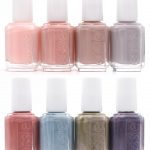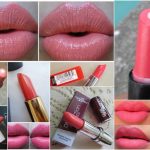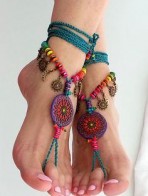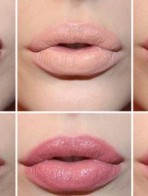Before you can start caring for your skin properly, you need to understand what type of skin you have. Your skin is determined by how much oil is in your skin. Genes, diet, skin treatments and stress all play a role this oil production. Here are five common skin types and their characteristics that you can identify with:
1.Oily skin
Oily skin is shiny around your face for the entire day and is most likely to have enlarged pores and blackheads.
2.Sensitive skin
Sensitive skin is very fine skin that has small pores. It is easily irritated, skin problems become more visible and pores becomes inflamed easily.
3.Combination/normal
In combination skin you have medium pores, smooth skin with little blemishes and have a healthy skin colour. You may tend to have an oily T-zone, which includes your forehead, chin and nose, while your checks may be dry.
4.Dry
Dry skin is characterised by a tightness of the skin, especially after washing your face. This type of skin develops wrinkles easier than oily skin and often appears dull.
5.Aging/sun damaged
This is skin has visible skins of wrinkles, age spots, tightness and may have signs of ruptured capillaries.
For a quick skin test do the following:
Wash your face and gently pat dry with a cloth. Take four small pieces of rice or baking paper and press is gently on your forehead, nose, chin and cheeks. If the paper sticks to your skin and picks up the oil then you know you have oily skin; if the paper only sticks to your forehead, nose and chin you have combination skin; if the paper does not stick at all then you have dry or sensitive skin.
The skin is a complex organ that does more than cover our bodies. It may appear smooth on the outside, but on the inside it comprises of a large network of grooves, which moulds as we move. The two important layers of the skin are the epidermis and dermis. These two layers lay on top of each other, over a layer of fat. To look after our skin effectively we need to understand how these layers work together and react to products that are on our skin. If we look after our skin regularly, it can stay in good condition for years to come. Therefore, once you understand your skin type you can buy products that suit the skin and avoid foods that trigger problems for the specific skin type. For example a piece of chocolate may trigger pimples in those with oily skin.
There are certain things that all skin types can do to have healthy skin. Drink eight glasses of water a day, I am sure you have all hears this a hundred times before but it does replenish the skin and help release toxins. Eat plenty of vegetables and fruit a day to help your skin. Although, food can only do so much, you need to consider a daily treatment for any skin type, even if it is just a daily moisturiser.
Nicole has intensively researched a skin laser clinic as well as a botox cape town establishment and is furiously working on her next article, coming soon!


























































